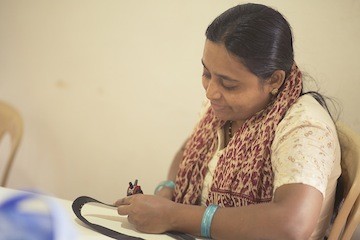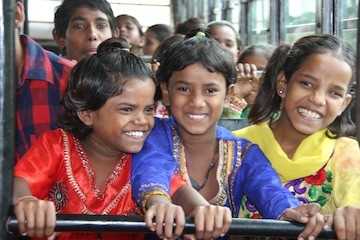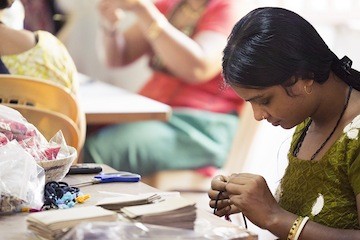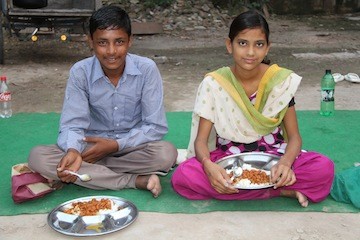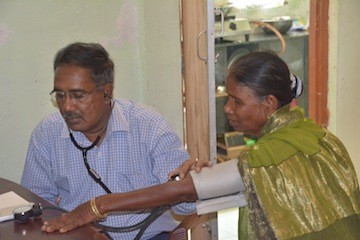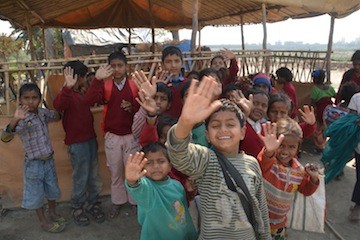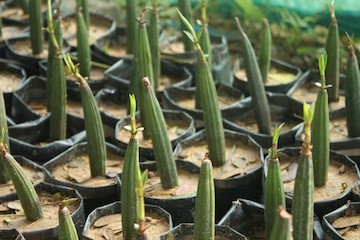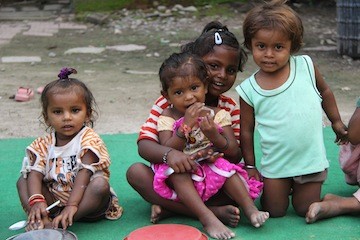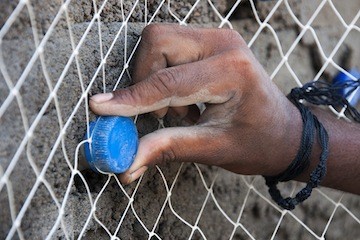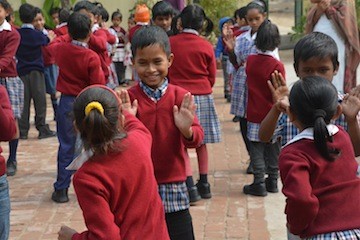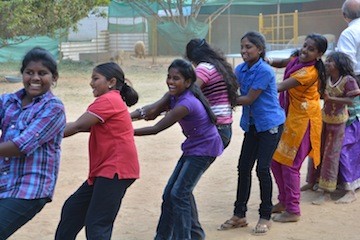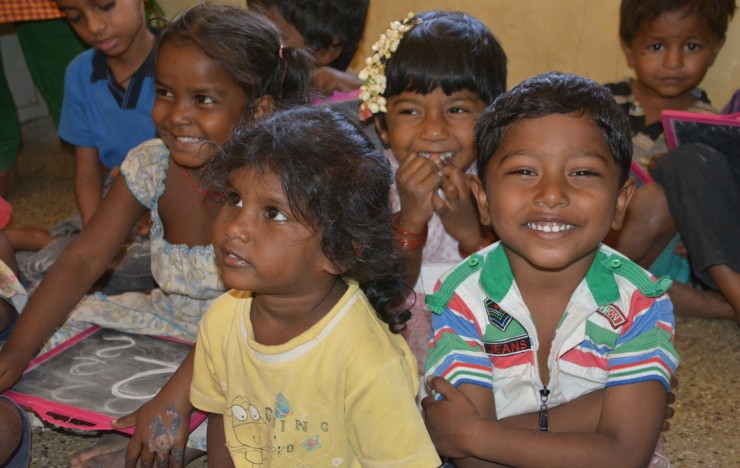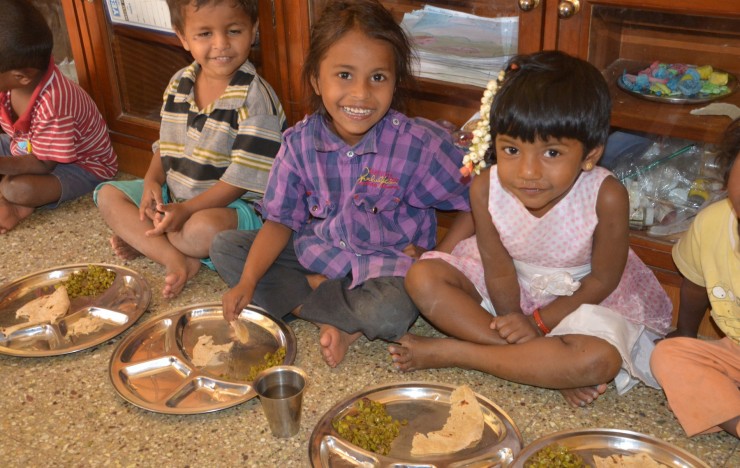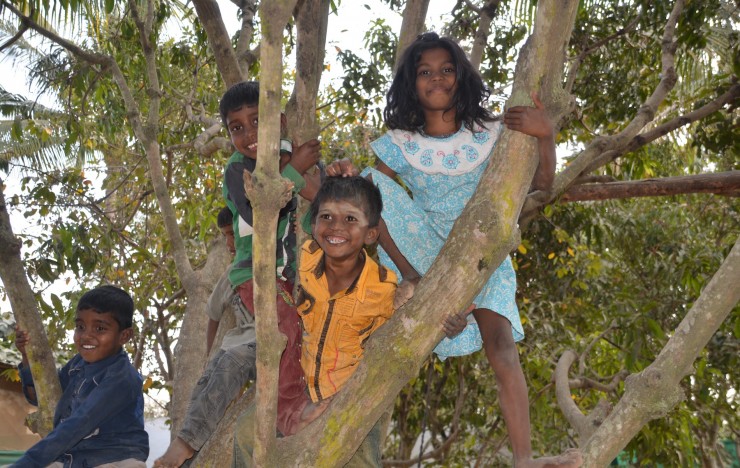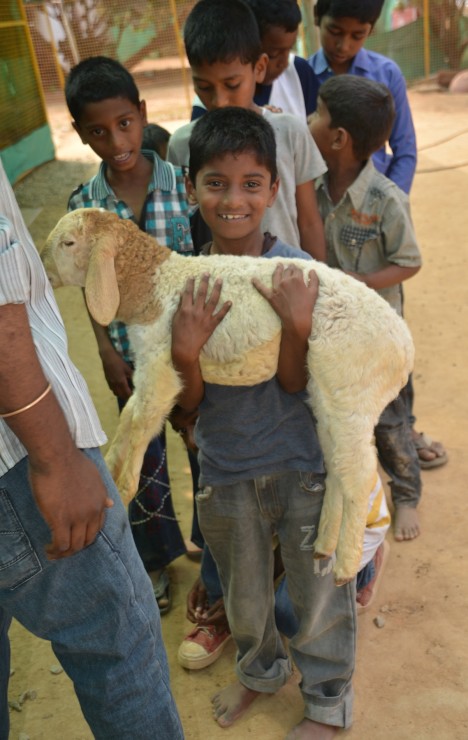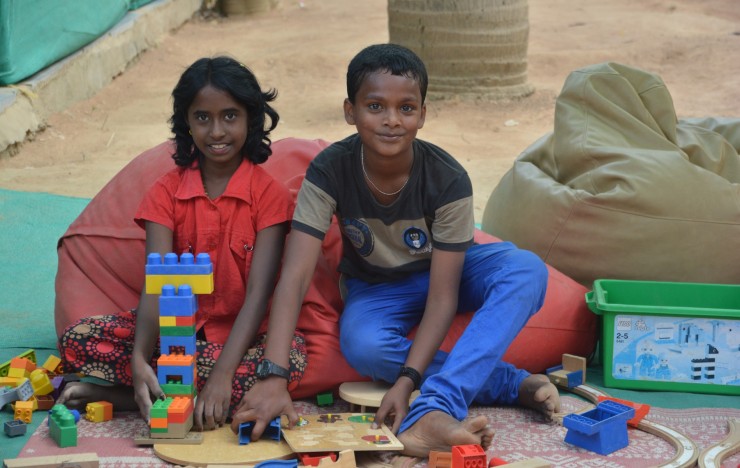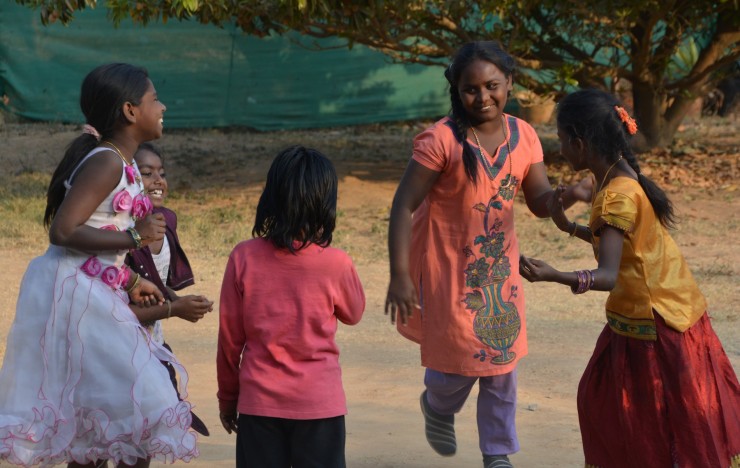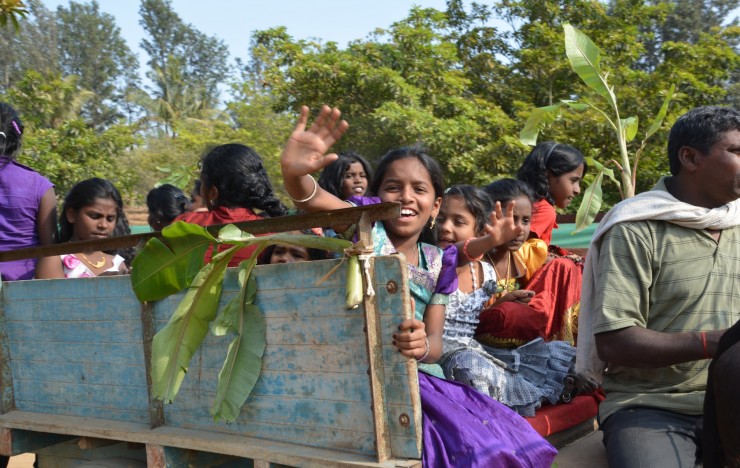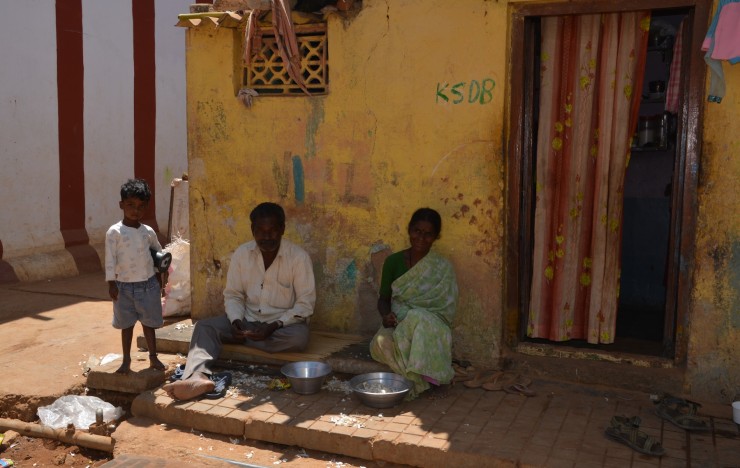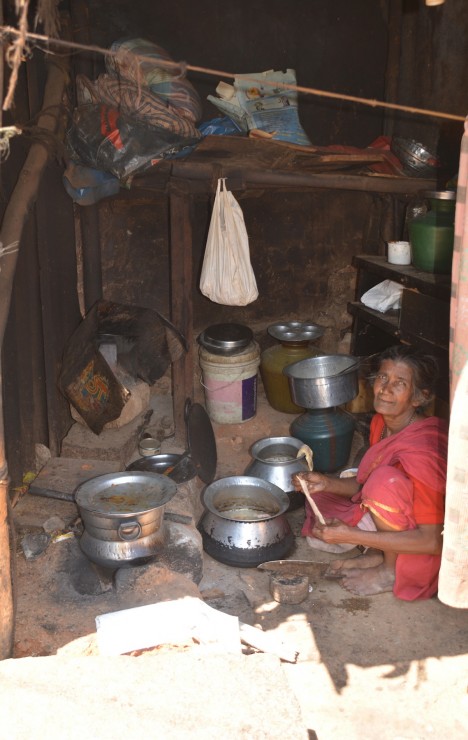School: Bagalur Layout
Nutrition, Healthcare, Education - Bengaluru
Hennur Road (near Hutchins Road, 6th Cross)
Why
- An estimated 100 000 people live in Bagalur Layout slum with sub-standard living conditions and very little education.
- There is little or no awareness of the importance of education, hence the need to make very basic education available.
- Men work as construction labourers, painters, carpenters, rickshaw drivers, mechanics, plumbers and electricians. Women often work as maids or domestic help.
- Our school serves as a stepping-stone between survival for daily existence and the formal education system. We facilitate the transition of the child, the family and the community using the tools of love, kindness, gentleness and an empowerment system, which is tailor-made to suit the residents.
School
- Free education is provided to 60 students in the nursery, lower KG and upper KG sections.
- Stationery, notebooks and arts-and-crafts material are provided.
- A range of activities such as paper cutting, gardening, painting and dancing are conducted to make learning fun and interesting.
- Field trips, functions and celebrations of festivals are organised to give the children an all round holistic education.
- An evening tuition centre caters to the needs of 40 Government school students from classes 6 to 9 in all subjects.
- Exposure trips and workshops are included to make them aware of socially relevant and environmental issues like tree planting and the effects of pollution.
- Funds are raised for students whose families are unable to pay their fees in their respective schools.
Facilities and Services
- The school provides 2 balanced meals daily as nutrition plays a pivotal role.
- Bi-weekly medical clinics are organised and specialised medical care is provided.
- Parents of the students and other adults in the slums are also empowered through awareness programmes such as breast and cervical cancer awareness sessions, eye camps etc.
Vision
- To instil values, hope and the confidence to realise dreams.
- To create a thirst for knowledge, and nurture self-respect and respect for others.
- To alleviate poverty through empowerment.
- To create global citizens through breaking down barriers of nationality, religion, caste and creed and emphasising our shared humanity.


